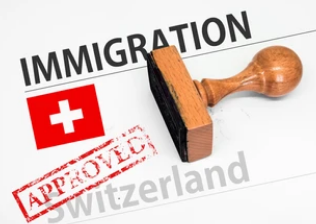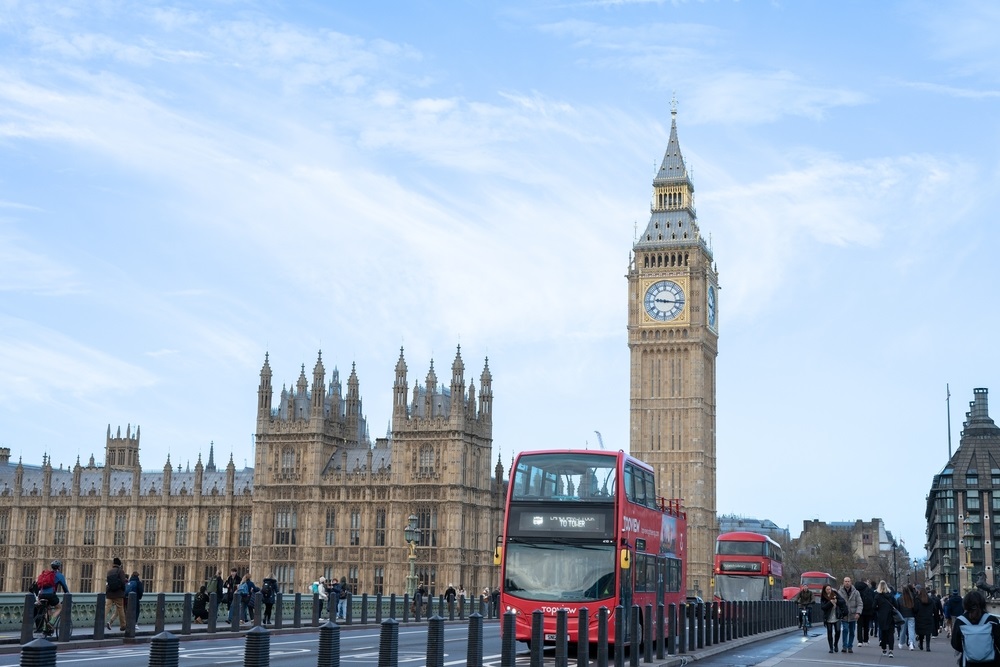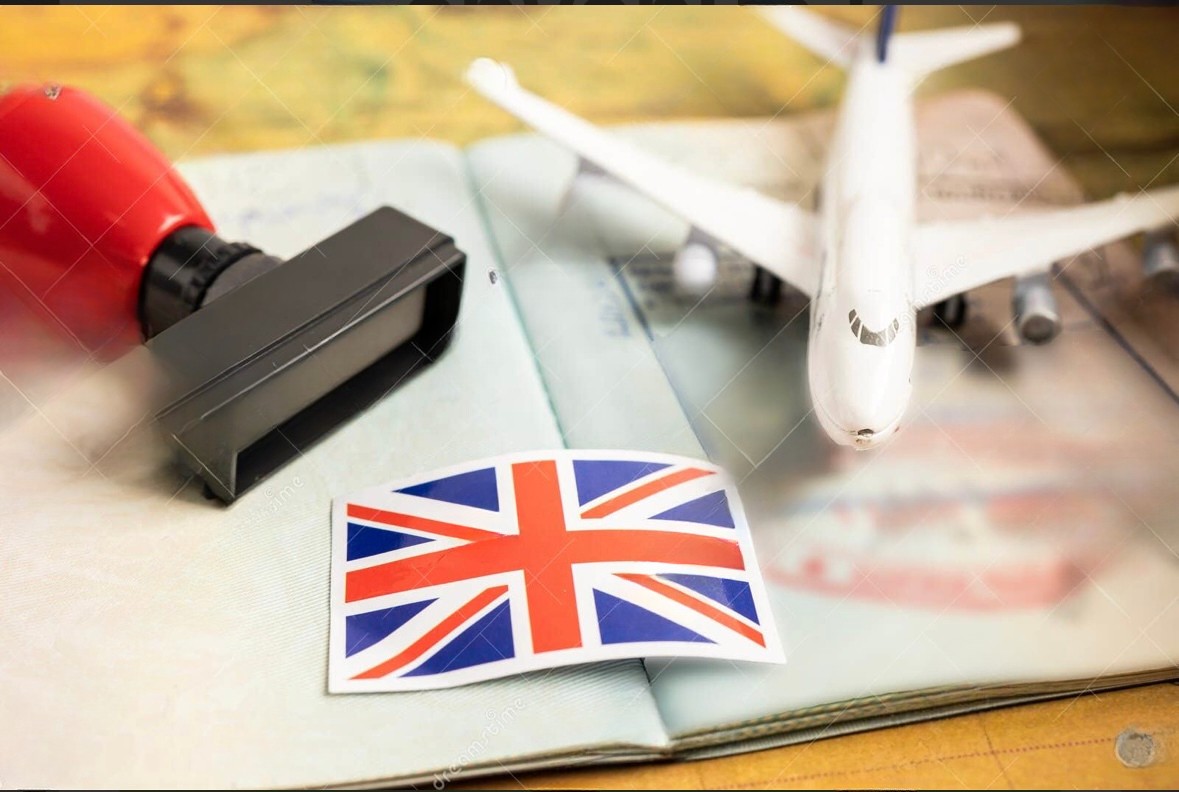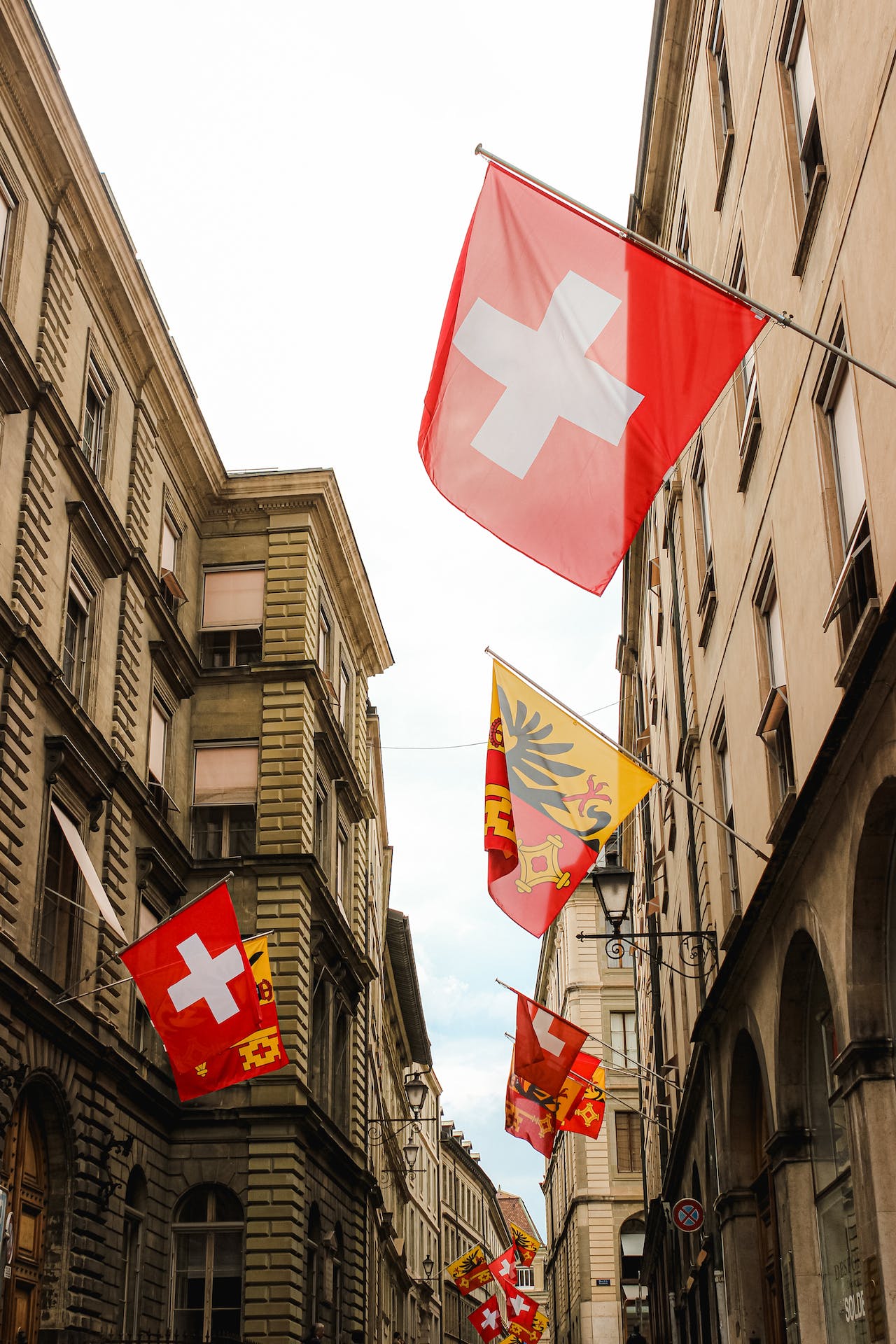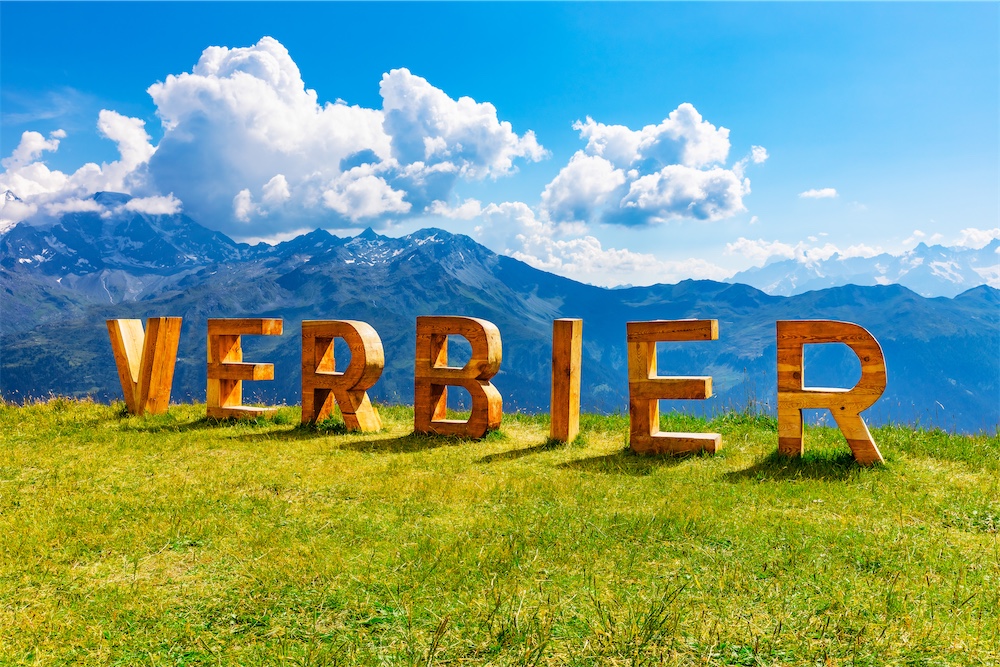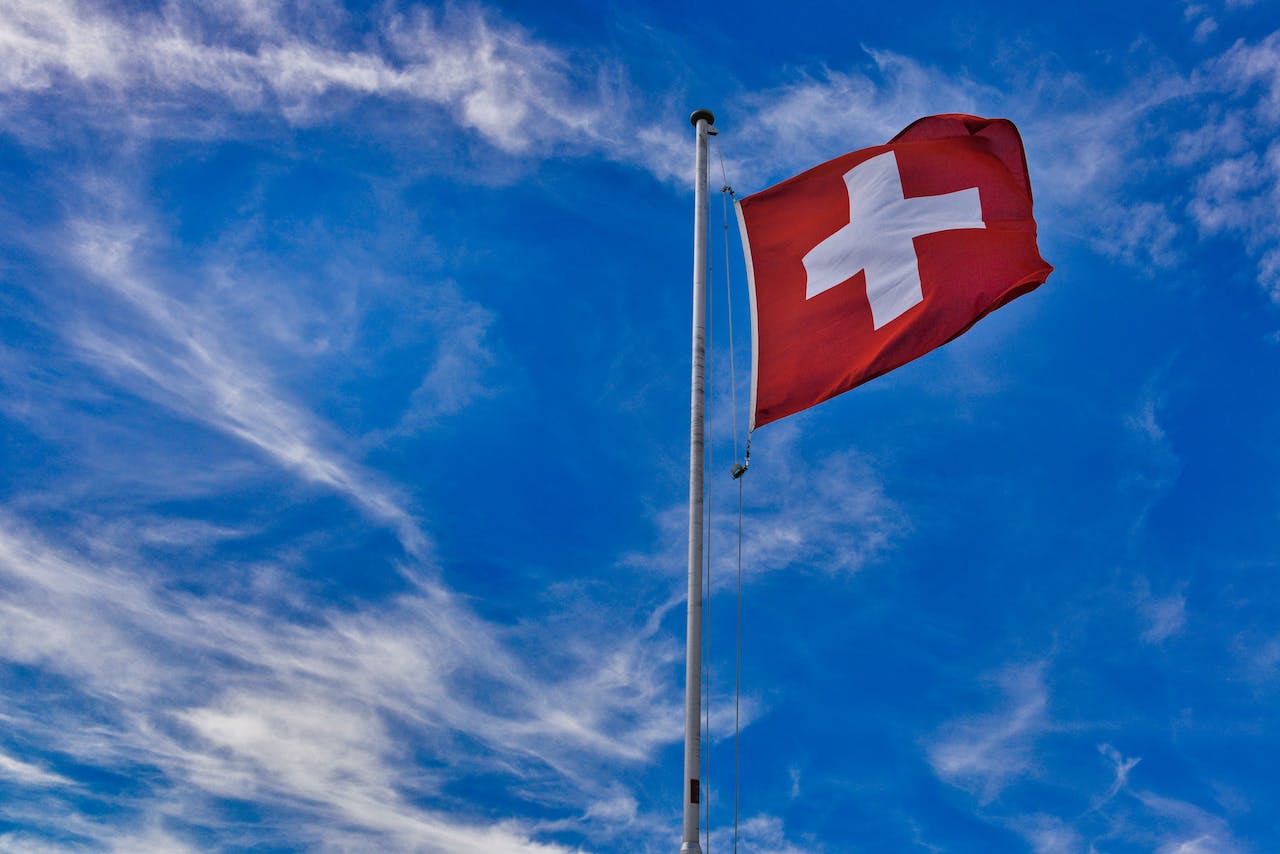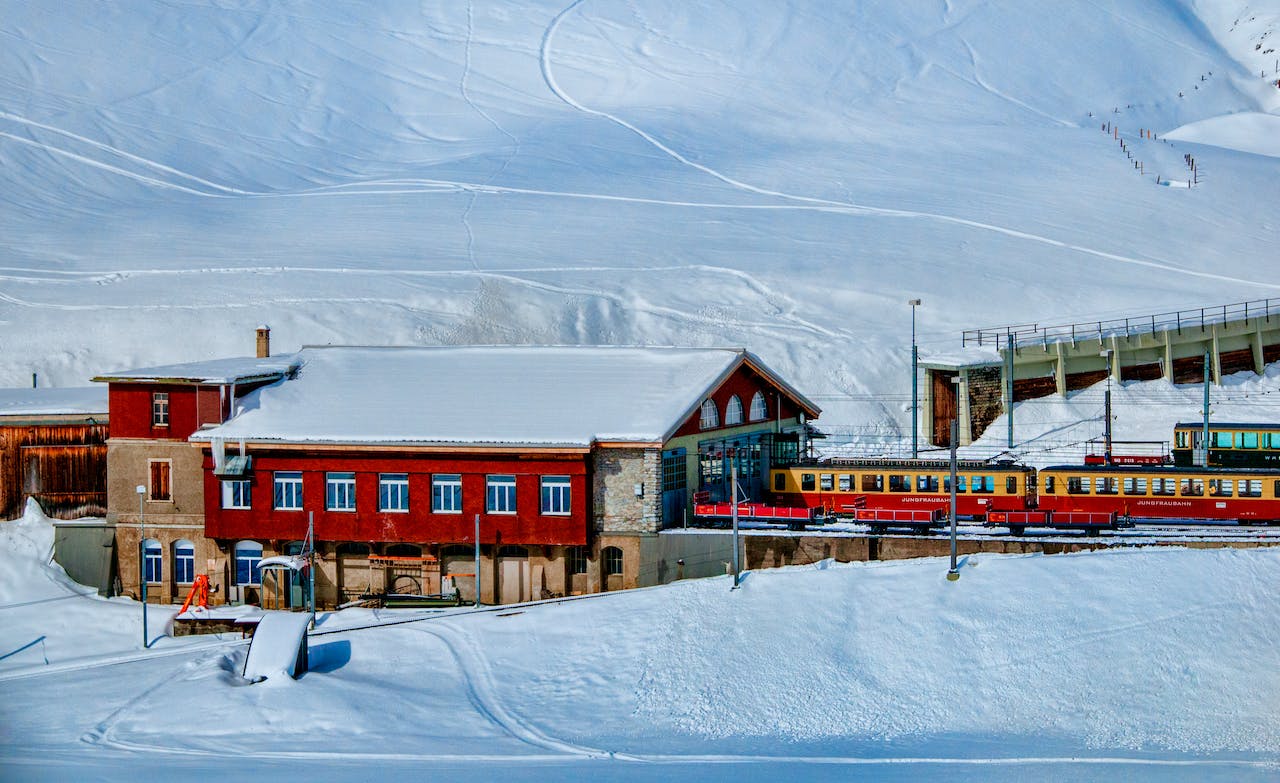Our Articles about Legal Advice
If you are planning a short-term business trip to Switzerland, it is crucial to understand and comply with the relevant immigration regulations. The Schengen type C visa is the standard authorization for temporary stays in Switzerland and other Schengen countries for non-gainful activities. Name of visa granted: Schengen type …
Introduction to non-competition clause Under Swiss law and according to art. 340 I CO, an employee with capacity to act may give the employer a written undertaking to refrain from engaging in any activity that competes with the employer once the employment relationship has ended and in particular to refrain …
UK citizens planning to move to Switzerland: the 7 things you need to know to apply for a work permit From January 2021, UK citizens who plan to work in Switzerland are subject to strict conditions to be able to apply for a work permit. Here are the 7 things …
Valais canton offers an incredible work-life balance with a choice of international schools of high teaching quality and dynamic expat communities. Integration is the key to open the door to the realm of Swiss permits and citizenship later on. Learn the language, make local friends, participate in your canton’s cultural …
As of April 2, 2025, all Swiss and EU citizens, including children and babies, must obtain an Electronic Travel Authorization (ETA) to enter the UK for short stays. This applies to tourists, business travelers, and those visiting family or friends. Who is exempt from the ETA? An ETA is not …
When people married abroad but currently domiciled in Switzerland wish to divorce, the first question to ask is that of the competent authorities. As a general rule, it should be remembered that in the event of domicile in Switzerland, it is the Swiss authorities who will be competent to deal …
Are you holding a carte de légitimation or Ci permit ? What is a CDL? The “carte de légitimation”, or Cdl, is an authorization to work delivered by the Department of Foreign Affairs to non-Swiss citizens employed by UN organizations and diplomatic staff based in Switzerland. This authorization allows the …
Swiss naturalization: obtaining Swiss citizenship is often perceived as the holy grail by foreigners, as the ordinary procedure is said to be one of the strictest in the world! In 2018, a change in the law made the requirements for naturalization more restrictive. Thus, an applicant must now have a …
Since the end of the post-Brexit transition measures in January 2021, UK citizens no longer hold the same residency rights as EU citizens. However, UK citizens who were living or working in Switzerland before the end of December 2020 benefit from the protection of acquired rights, allowing them to retain …
Switzerland is a prime destination for seasonal workers, especially during the winter months. Given the short duration of their stay, typically four to six months, seasonal workers are subject to temporary work permits. Here’s how it works for both European and non-European citizens. For European citizens Switzerland’s Agreement on the …
When a person is domiciled in Switzerland, the Swiss judicial or administrative authorities of the deceased’s last domicile are competent to settle the inheritance and rule on inheritance disputes, with the exception of buildings located abroad, which are subject to the exclusive jurisdiction claimed by the foreign state in which …
Swiss law contains no provision defining and addressing specifically bonuses. According to its characteristics, a bonus will be considered either as a gratification (art. 322d CO) or as part of the salary of the employee (art. 322 CO). The distinction between gratification and salary is crucial in Swiss employment law …
Following the acceptance of the initiative “Against Mass Immigration” (February 2014), the Swiss Parliament adopted the revision of the law on Foreigners and Integration (LEI), mainly aiming at implementing these newly adopted political policies. The priority process aims to give an advantage to domestic job seekers registered at a regional …
International commercial contracts governed by Swiss law As a general rule, parties to international contracts are free to choose the law governing their contract. Swiss law also provides that contracts are governed by the law chosen by the parties. In practice, particularly in the context of international arbitration, Swiss law …
If I fall ill, will my employer pay my salary? Yes, as a general rule, your employer must continue to pay your salary under Swiss law. However, the applicable rules depend on whether your employer contracted or not a daily allowance insurance in the event of earning incapacity and loss …
In the context of the global pandemic, many companies try to avoid bankruptcy by reducing their costs, among which the salaries of employees. Before unilaterally deciding on salary cuts, be aware that Swiss law imposes mandatory rules in favor of the employee when amendments of the employment relationship disadvantage the …
The Swiss immigration system is one of the most severe in the world for any non-European citizen planning to move to Switzerland. Following the 2006 voting initiative by the Swiss Conservative party, “Against mass immigration”, the federal law was modified, tightening and restricting conditions for obtaining a Swiss residency permit …
Planning to move to the canton of Valais and apply for a B/L permit in Verbier? There are a few things you need to consider beforehand. Apply for the right Swiss permit Upon arrival, any foreigner must announce himself/herself to the commune within 14 days and apply for the appropriate …
In the event of a separation of a married couple, a spouse may ask the judge to rule on the question of the principle and the amount of a maintenance contribution to be paid by the other spouse after having moved out. Nicolas MOSSAZ presents seven principles applied by Swiss …
Offering a legally, politically and economically stable framework, Switzerland an attractive place for foreigners to launch a fruitful business. Its geographical location, in the very middle of the EU and its strong economy reinforce this position. Regarding the legal framework, launching a business in Switzerland is relatively easy and accessible …
What changes under the new law? In June 2014, the Swiss Parliament modified the law regarding the conditions to obtain the Swiss citizenship. This change reflects the Parliament’s wish to facilitate the obtention of the Swiss citizenship to foreign residents who are well integrated in Switzerland. Currently, there are between …
The quotas for work permits attributed to non-European citizens in 2017 have been now established by the Federal Council. Bern decided that Switzerland must be able to recruit high skilled workers from countries not necessarily part of the EU/EFTA to sustain the economic market and remain in accordance with the …
Applying for Swiss citizenship while holding a légitimation card is still possible before the end of 2017. From January 2018, the naturalization law (LN) will change and applicants holding a C permit only will be considered for citizenship. Therefore, expatriates planning to obtain the Swiss citizenship and having lived in …
Applying for a work permit to hire skilled non-European staff is an important step for any international company based in Switzerland. The type of permit delivered is dependent on the length of the contract. A contract going over 365 days will result in a B permit while a contract under …
From 15th February 2018 onwards, children of immigrants born in Switzerland will have easier access to Swiss citizenship. Last week, the Federal Council modified the law regarding facilitated naturalization for 3rd generation applicants to establish a simplified procedure. Hence, the Swiss population has voted in favour of fast-tracked naturalizations for …
A recent court judgment pronounced in Zurich has highlighted the fact that maintaining a B permit after a divorce can be sometimes challenging when the permit was obtained through family reunification. Thus, the law grants the right to a Swiss citizen or C permit holder to live in Switzerland with …
In August 2018, the Federal Counsel approved the modifications brought to the Swiss Federal Law on Foreigners (LEtr), which consequently will become from the 1st January 2019 the Federal Law on Foreigners and Integration (“la loi fédérale sur les étrangers et l’intégration” LEI). The introduction of the LEI in 2019 …
The new Federal Law on Foreigners and Integration (LEI) introduced on January 1st 2019 brought a few changes to the previous Swiss Federal law regulating foreigners on Swiss territory. The enforcement of the LEI means stricter conditions for Swiss permit applicants as the notion of integration gains importance in Swiss …
The Swiss C permit is the equivalent of permanent residency, allowing a foreigner to live and work in Switzerland without any restrictions. The permit C holder does not need an authorization to change employer or to work as an independent. Additionally, the C permit does not restrict employment to a …
Article 36 of the Swiss Citizenship Act (SCA) allows the Secrétariat d’Etat aux Migrations (SEM) to declare null and void a simplified naturalization decision when it can be assumed that it has been granted on the basis of false information or of a deliberate concealment of material circumstances by the …
A C permit is the equivalent of permanent residency in Switzerland. It allows the holder to work and live in the country indefinitely without any cantonal or employer’s restrictions. A C permit is obtained after 10 years of residency or after 5 years holding a B permit while being strongly …
Following the acceptance of the initiative “Against Mass Immigration” (February 2014), the Swiss Parliament adopted the revision of the law on Foreigners and Integration (LEI), mainly aiming at implementing these newly adopted political policies. The priority process aims to give an advantage to domestic job seekers registered at a regional …
The Prime Minister of the United Kingdom, Boris Johnson, has now officially signed the EU withdrawal agreement, meaning that the UK left the EU at midnight on 31st January 2020. This decision has direct consequences for Switzerland. The relations between Switzerland and the UK were essentially governed by bilateral agreements …
Following the exceptional measures taken on the 16th March 2020 by the Council of State regarding the current state of emergency due to the COVID-19 pandemic, the OCPM and all immigration authorities will be closed to the public until further notice. Urgent matters only will be assessed by appointment. Permit …
As the management of the containment of the virus improves in Switzerland, the Swiss Federal Council is gradually relaxing the rules governing access to Swiss territory. When it comes to Schengen States Restrictions and controls at the internal borders of the Schengen area have been lifted since the 15th June. …
Under Swiss law, there are only two different paths for non-EU nationals who wish to settle in Switzerland and obtain a residency permit by investing money into the Swiss economy: either (i) establish a thriving and sustainable business in Switzerland or (ii) to negotiate a tax-lump sum agreement with the …
Before July 2022, same-sex couples could not marry under Swiss law, however they could conclude a registered partnership allowing them to benefit from almost the same legal protection as a marriage. Since 1st July 2022, the Swiss population voted in favour for the initiative allowing mariage between same-sex partners. The …
Switzerland regularly ranks as one of the best countries in the world to retire. Offering excellent healthcare facilities, great outdoor opportunities, low taxes and a high standard of lifestyle, Switzerland is a small country with many attractive aspects for foreigners who can afford it. Most cities are nestled around beautiful …
The enforcement of Brexit impacts heavily UK citizens planning to move and work in Switzerland from January 2021. UK citizens’ immigration rights are no longer regulated by the agreement on the Freedom of Movement of People (AFMP), applying to all EU-27/AELE citizens under Swiss law, but by the federal law …
Switzerland is a popular destination for seasonal workers, especially during the winter. As this category of foreigners remains in the country for three to four months at a time, they are subject to short term work authorisations. Authorisations to be delivered to European citizens are regulated by the Agreement on …
The pandemic has revealed the pros and cons of each nation’s health system and ability to handle a major crisis. The recent events have stirred many life decisions in terms of settling in a new environment and starting a new life somewhere else. Switzerland offers a high quality of lifestyle …
The pandemic has created new opportunities for foreigners who can work remotely and for independents who can manage their business from anywhere. It is not uncommon anymore to settle in a place offering a high-quality lifestyle, such as Verbier and other ski resorts in Valais like Crans-Montana, Zermatt, Saas-Fee, Arolla …
A question that often comes up when considering moving to Switzerland is “what are the pros and cons of holding a residency permit in Switzerland?” There are various advantages to holding a Swiss permit, other than allowing the holder to live in Switzerland. Depending on the type of B or …
What is an S permit? In light of recent developments in Ukraine, Switzerland has been accepting Ukrainian refugees and granting them S permits. The process allows asylum seekers to be protected in a much faster way than going through the usual immigration procedure. An S permit allows its holder to …
A recent court judgment pronounced in Zurich has highlighted the fact that maintaining a B permit after a divorce can be sometimes challenging when the permit was obtained through family reunification. Thus, the law grants the right to a Swiss citizen or C permit holder to live in Switzerland with …
Jean-Yves provides an overview of the criteria applied by the judge for the allocation of the matrimonial home when a separation takes place. In principle, marriage leads to spouses living under the same roof, which is commonly referred to as the matrimonial home. Hence, in case of separation, the legal …
Applying for a work permit to hire skilled non-European staff is an important step for any international company based in Switzerland. The type of permit delivered is dependent on the length of the contract. A contract going over 365 days will result in a B permit while a contract under …
Splitting assets and pension funds when divorcing requires a thorough understanding of the Swiss pension system. With a rate of divorce of almost 50% in the canton of Geneva, divorce proceedings commonly involve expatriates living and working in Switzerland. Under Swiss law, pension schemes must be shared equally between spouses …
Our latest interview published in Swissinfo.ch: “Thousands of people relocate to Switzerland every year to work for the more than 25,000 multinationals in the country. Losing a job is difficult enough, but when it happens in a foreign country, it can be devastating. The announcement that Novartis plans to slash …
Book a consultation
Book your legal consultation online with English-speaking lawyers and immigration specialists! We are located within the law firm OA Legal on the 5th floor at 1 place de Longemalle, 1204 Geneva. Our consultation can be made on Zoom or in our Office for a competitive flat fee of CHF 300.-.

